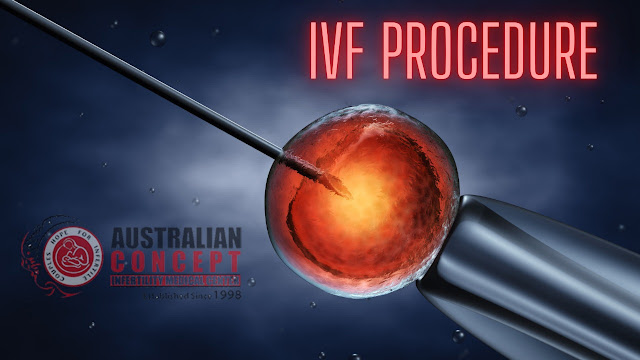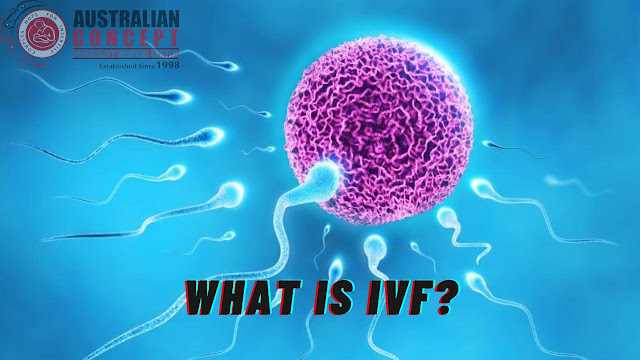Timed Intercourse
Timed Intercourse also knew as ovulation induction is the process of scheduling the intercourse on particular days i-e during ovulation when the woman is most fertile which as a result increases the chances of getting pregnant. The process is carried out under the supervision of the gynaecologist which suggest medication or hormone injection in case of lack of ovulation. Ultrasound is taken into consideration to monitor the body changes and based on the result, the specialist will determine what is the best time for both partners to have intercourse to increase the likelihood of pregnancy.
When exactly the intercourse is scheduled in the timed intercourse?
The timed intercourse is set on the peak fertility window which is normally a few days before ovulation. The ovulation occurs on the last day of the fertility window which is of four to five days duration. It is normally considered that in a 28-day cycle ovulation occurs on 14th. If you start having intercourse on 10 days when the fertile window starts and have intercourse for four to five days and then do it one more time within the 24 hours of the ovulation then the likelihood of conceiving increases.When should the couple undergo the Timed Intercourse procedure?
The timed intercourse procedure is recommended for the couples who have insufficient progesterone production during the latter phase of the menstrual cycle which can be detected through hormones test. Moreover, anovulatory patients whose ovaries do not release an oocyte during a menstrual cycle, women with the very long menstrual cycle or with some blockage in any fallopian tube, patients with sterility or young couples who have intercourse for 1 year and are still without luck should undergo this procedure. IF the couple’s age is above 35 and after 6 months duration, they are still not successful in conceiving then they can also seek this procedure.How the timed intercourse treatment is carried?
The first part of this treatment consists of the production of the follicle which releases the mature egg to be ovulated. The follicle can be developed naturally in case of some women. If it does not develop naturally then medical treatment called Clomid is carried out. Clomid is used to treat infertility in women and it stimulates ovulation. After the development of follicle, the injection is given to trigger the ovulation in the women.What are the symptoms of egg release?
Duration of the Treatment
This treatment will be fruitful if you undergo the utmost 6 cycles. For 6 months, the couple under the supervision of the specialist take medication and have intercourse. In case if the duration is less, then the chances of becoming pregnant significantly reduce. If the risk factors are high and there are some other extreme conditions then it is recommended that the couple should take some other treatment for curing the Infertility Treatment or any complication like in vitro fertilization.




Comments
Post a Comment